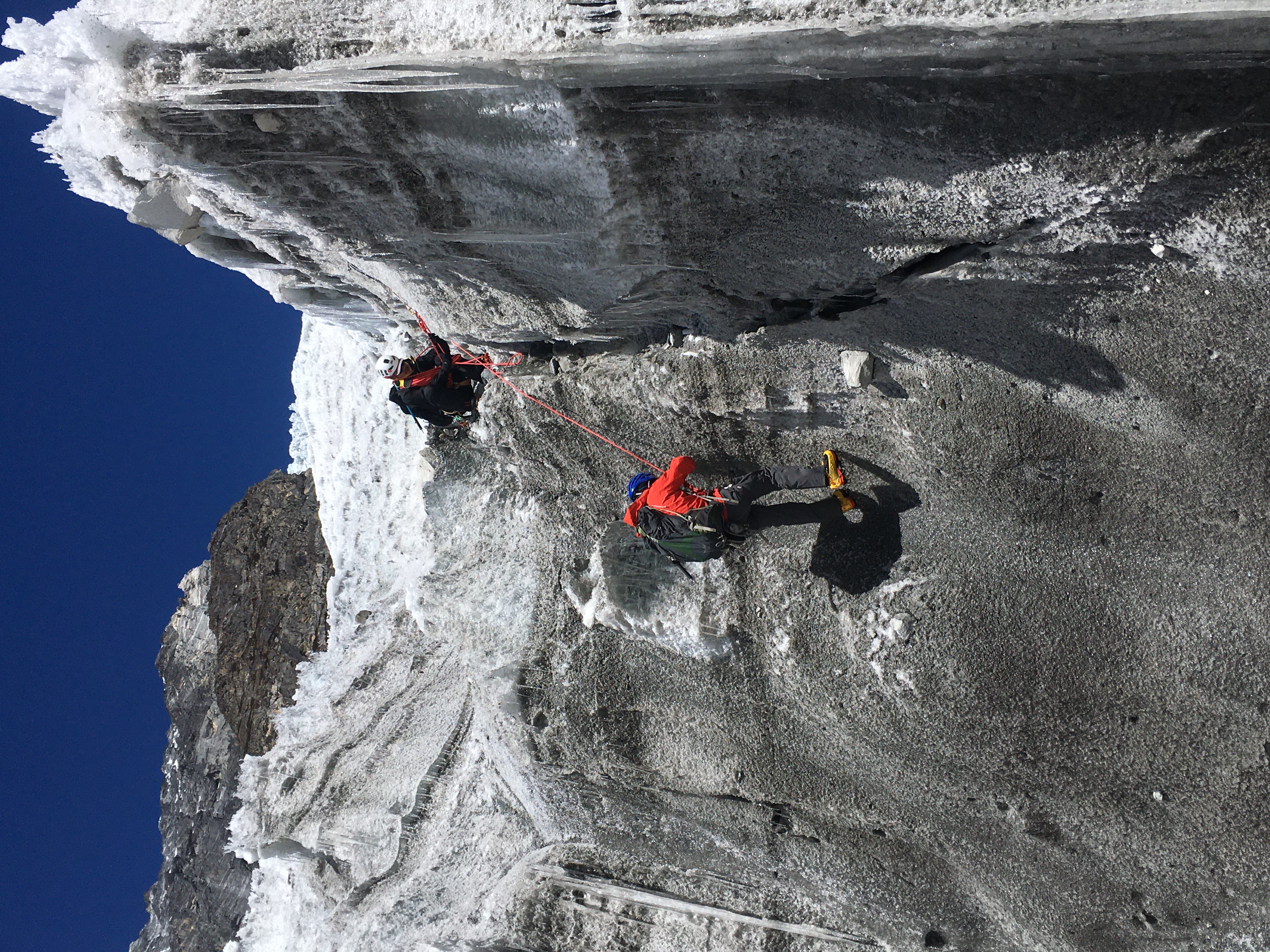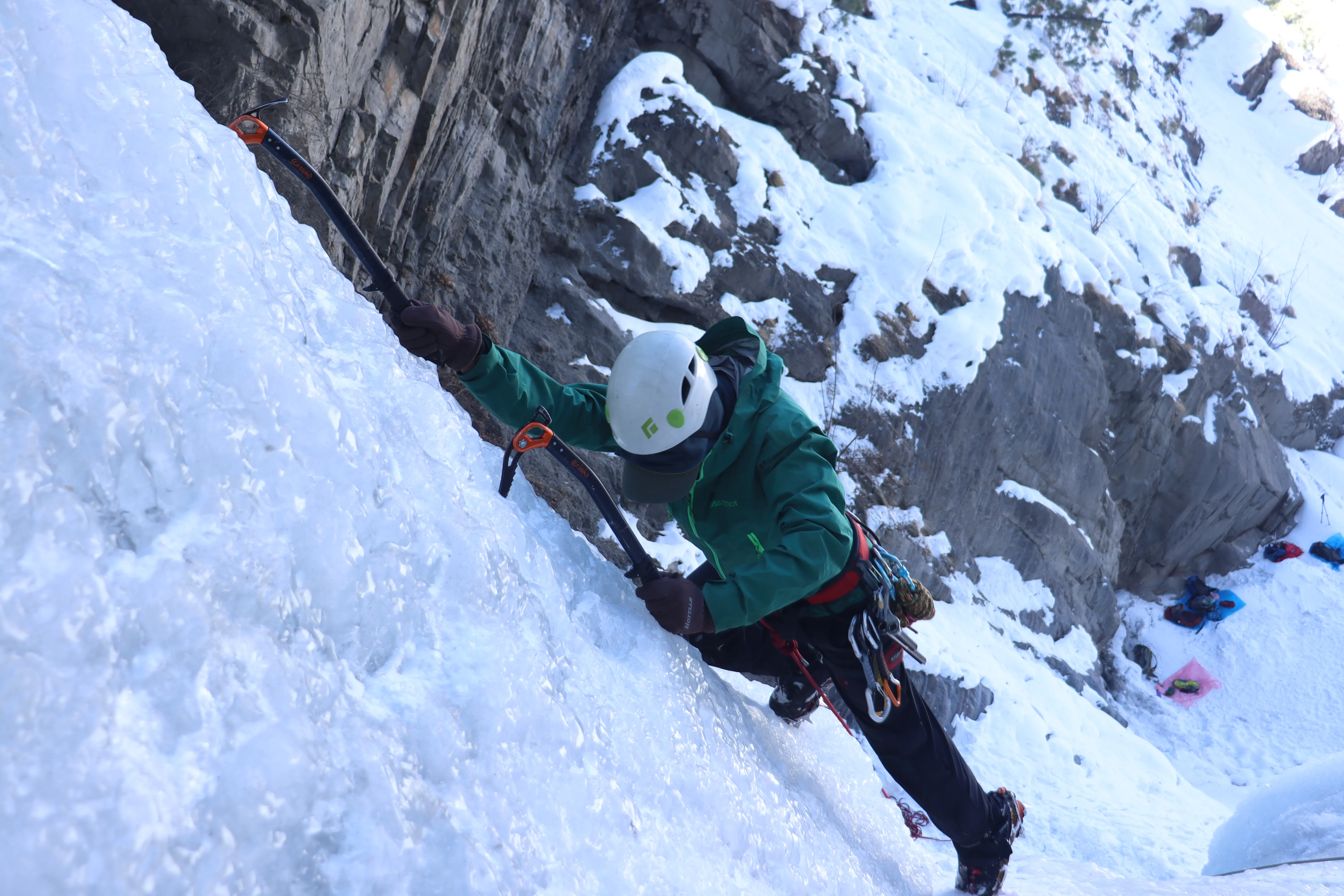Mountaineering training is essential for anyone aspiring to climb mountains and develop their skills in this challenging yet rewarding activity. Whatever you dream of summiting a 6000m peaks, tackling a 7000m ascent, or conquering an 8000m giant mountains, proper training is the foundation of your success.
Our comprehensive training program focuses on equipping climbers with the essential skills and knowledge needed for safe and efficient mountaineering in the Himalayas. From mastering technical climbing techniques to understanding high-altitude safety protocols, our goal is to prepare you for the physical and mental demands of high-altitude expeditions.
Key elements of the Training:
-
Technical Skills: Rope management, knot tying, belaying, and glacier travel techniques.
-
Climbing Techniques: Ice climbing, rock climbing, and mixed terrain navigation.
-
Safety Measures: Crevasse rescue, avalanche awareness, and use of safety equipment like harnesses, crampons and ice axes.
-
High-Altitude Adaptation: Acclimatization strategies, managing altitude sickness, understanding body’s limits.
-
Expedition Preparedness: Packing essentials, gear selection, and team coordination for multi day climbs.
Why Choose Professional Training?
Safety is the top priority in mountaineering, especially in the demanding environment of the Himalayas. With proper training, you not only improve your climbing skills but also learn to manage risks effectively, ensuring a safer and more enjoyable experience.
If you’re preparing to take your first step towards summiting Himalayan peaks, our training programs will help you grow as a climber and achieve your mountaineering goals.




